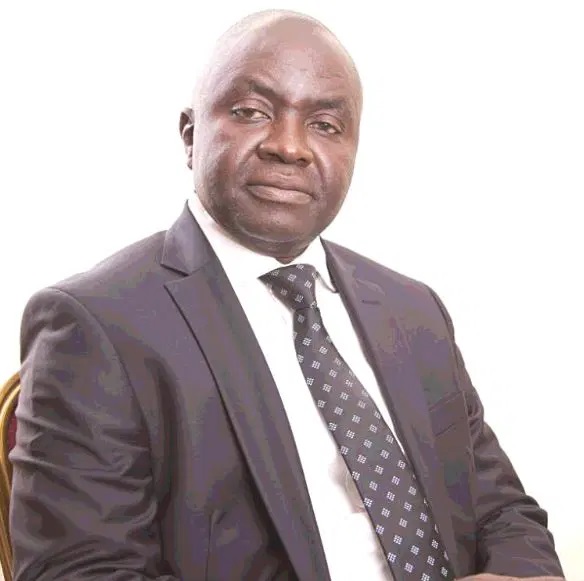Nigeria’s economy can’t run solely on market principles — MudaYusuf
THE Chief Executive Officer, Centre for the Promotion of Private Enterprise, CPPE, Dr. Muda Yusuf, cautioned against placing the country’s economy on purely market-driven principles for its development.
This came as he pushed for more clarity in trade policy on import and export tariffs.
He made this known at the Vanguard Economic Discourse 2025, tagged Nigeria’s Economic Outlook 2025: Hardship and Pathways to Sustainable Recovery.
He stated that the country cannot afford to leave the economy purely to market principles.
He said, “I must say that there is a need for an ideological consensus in the economic management process. We cannot afford to leave the economy purely to market principles, because if we continue to follow that path too heavily, we will continue to create more hardships for the people.
“It is essential to recognize market failures in economics, which means that the market cannot deliver everything. This implies that whatever the market cannot deliver, the government needs to intervene and that way, it will create a much better environment for businesses and the citizens.
“We need a strong government intervention policy in the energy space because If we give entirely to the private sector, it will not work because the private sector is to chase profit. Energy provision is critical for economic development and poverty reduction and is also critical for reducing poverty and building an inclusive economy.
“So we need to have a framework of how the government will intervene in such areas as energy, health sector, education sector and some other critical sectors and public transportation. Now we have a system that does not have sufficient public transportation system.
“If you go through our roads, all the buses are rickety. Why are they so rickety? They are rickety because the import duties you pay to be able to import a bus and ply on the road are getting close to 20 and 25 percent. So the role of government in these sectors cannot be overemphasized.”
Yusuf added that it was extremely important that Nigeria gets its fiscal policies right.
He said, “I must say that we are not having sufficient conversation and engagement, particularly on the trade policy component of our policies. When I talk about trade policy, I am talking essentially about things that have to do with import and export tariffs.
“We have a trade policy process that seems to emphasize more revenue generations.
That is why over time, when the National Assembly is engaging the customs, the conversation is always about the target on revenue.
“This kind of mindset has a way of putting unnecessary pressure on businesses. So it is very, important from the trade policy perspective to use tariff instruments to support investment.
On the tariffs debacle, he explained that “The tariff regime in Nigeria is too high, even for sectors where we don’t have the capacity for raw materials, inputs. This is something in which we need to engage very seriously with the administration so that we can see a situation where we de-emphasize this revenue generation mindset on investments.
“This is because it will make it easy for investors, for manufacturers, to go to the market. It will make it easy for manufacturers to go through the international trade process more easily and it will be able to generate more profit and pay even better taxes in the form of VAT, and company tax.
“But when they are strangulated at the point of bringing their raw materials, machinery and all of that,
It will make life so difficult for them that by the time they are producing it, they are producing under very difficult circumstances.
“However, the engagement on the appropriate trade policy and the need for us to move the mindset away
from revenue generation in the trade process to facilitating trade, is extremely very important as we need to see much stronger advocacy from the private sector on all of these issues, because again, when we look at the private sector is a bit of fragmentation which affects the effectiveness of our government.”





















